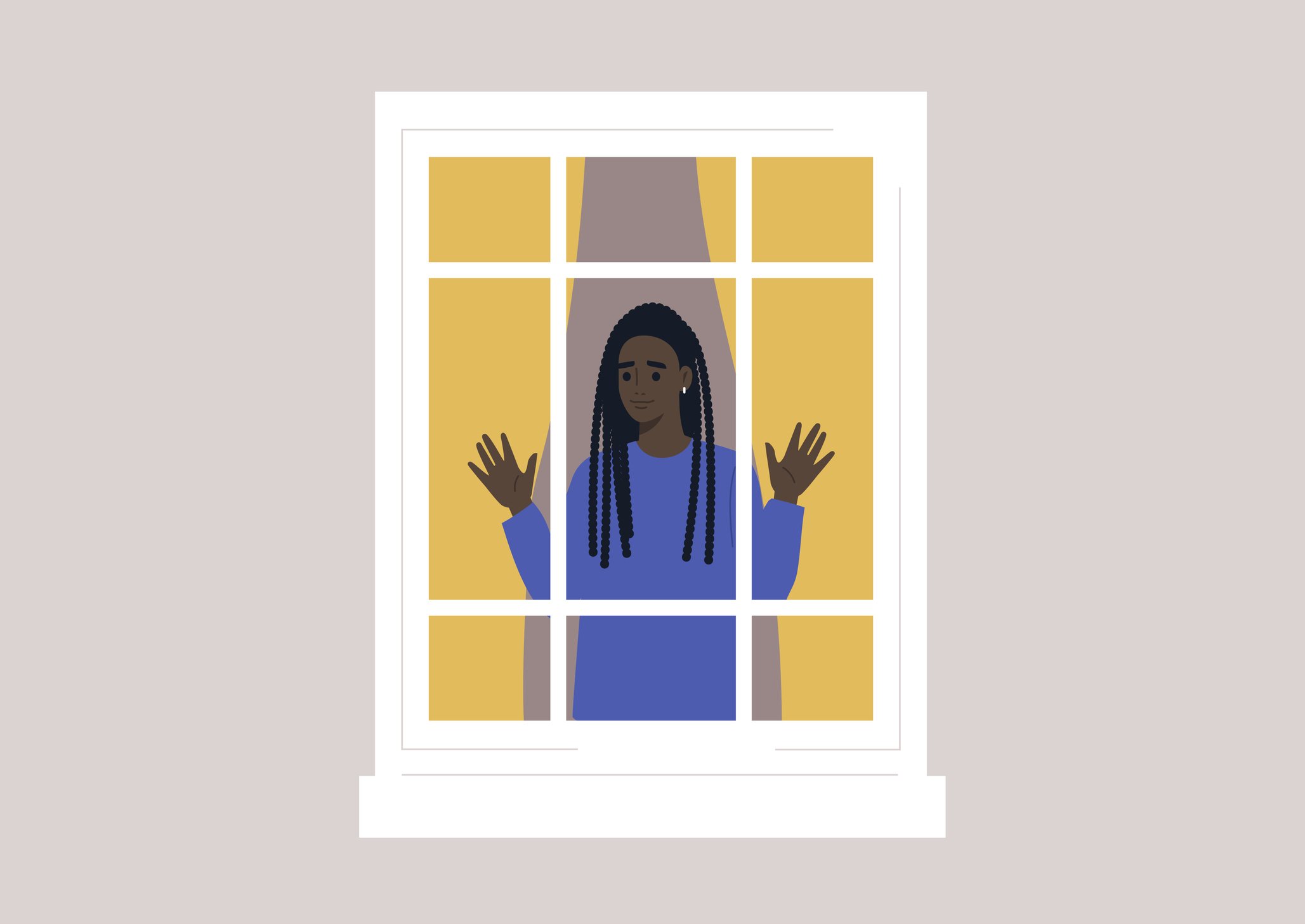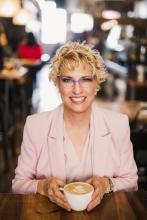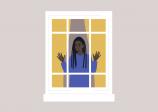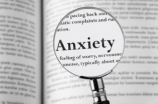Overcoming Agoraphobia - Q&A
Overcoming Agoraphobia - Q&A

My experiences have taught me that the world is dangerous. Can I get better?
You most certainly can get better. Many people who have had bad or traumatic experiences find themselves stuck in assuming that the world and people are dangerous, but of course this is not always true. Many people and many situations are either neutral or beneficial. Therapy that helps people like you learn to correctly identify healthy people and healthy situations can be very effective at helping you develop the ability to selectively attend to information that shows you the goodness in the world and the helpfulness in taking risks. Science shows us that people who take risks have the advantage not only in recovery but in life. They learn they can recover, discover and create new relationships and situations that work better. Please consider getting some therapy so you do not have to continue feeling scared.
How does agoraphobia differ from PTSD and how are they related? How is it different from OCD?
People with PTSD and OCD can avoid the situations they associated with their anxiety. What they are avoiding, however, is not the physical sensations of panic, but instead, they avoid to prevent themselves from re-experiencing the trauma or encountering the triggers for compulsions. In agoraphobia, the fear is of having a panic attack. In PTSD, the fear is of being traumatized and in OCD the fear is of having the obsession come true. People with all anxiety disorders and PTSD can experience panic attacks and avoid situations they fear, only agoraphobics focus upon avoiding the physical sensations of fear because they misinterpret them as being dangerous.
Can panic attacks become phobias?
People with panic attacks can get phobic avoidance of all the situations they believe might bring on a panic attack and therefore can be understood to be phobic. People with specific phobias can get panic attacks, but they fear the experience of seeing or coming into contact with things that relate to one specific trigger, such as bugs, tornadoes, flying, seeing holes, etc.
What are the techniques we can use to overcome the physical symptoms of panic? Do these same techniques work for the mental symptoms?
Interoceptive exposure, or deliberately inducing the physical sensations of panic is the best way to get started on learning not to fear a panic attack. Using real life exposure to the situations panic attacks make difficult to encounter, such as driving on a busy highway, going places with out a phone or being in a place you cannot easily exit is a great way to do additional exposure so you reclaim your ability to live freely. The most important thing you can do for your mind is to learn that panic attacks are benign, self-limited and a false alarm. If you read Reid Wilson's Don't Panic, you will get an excellent explanation of why all the physical symptoms of anxiety are benign.
Why does crying help soothe me when I’m having a panic attack?
Adults cry in response to any strong emotion, whether it is anxiety, anger or good humor. We know that crying acts like the pressure release valve on an Instapot that reduces some of our distress. I would never worry about the fact of your crying, but only assume it means that your anxiety level is high. Many of my patients get teary-eyed when they talk about or experience their anxiety and this is completely normal.
How do I overcome my agoraphobia and panic in the context of driving? It feels so unsafe to have these symptoms when behind the wheel.
I have good news for you. When we test people's reflexes and ability to think during a panic attack, such as putting them in a driving simulator, they do just fine! One of the symptoms of a panic attack is to feel as though you are impaired and unable to process information. Many people mistake this sensation for losing their mind, going insane or being unsafe to drive, parent or engage in normal activities. It is so safe that I do not feel afraid of being the passenger in my patient's cars when we begin driving practice. I even have my patients acutely hyperventilate to try and induce a panic attack while we do driving practice so they can learn they can still drive.
To get better, you need to practice driving. You might start with a trusted friend as a passenger and drive easy routes that you gradually lengthen. Then progress to more difficult routes. The goal is to do repeated driving so you do it many times until it becomes easy and boring. An experienced exposure therapist can help you do this if you are unable to practice on your own.
Depression is making it harder for me to recover, what do I do?
Approximately 80% of people who have continuing anxiety disorders end up getting depressed. It is important to get professional help when depression makes it difficult or impossible to recover. My suggestion would be to find a therapist who treats depression and anxiety and to consider speaking with someone who can prescribe medication for depression. You do not have to stay stuck. Many of my patients also experience depression and we treat both.
How do I find professional help to start getting better?
You are already at the right place. The Find a Therapist section of this website can help you locate a therapist who is experienced and familiar with scientific treatment. You should expect to get better. To do that, you need to find someone who will directly help you learn to face, tolerate and overcome your agoraphobia instead of just talking about how you came to be agoraphobic.
Watch Dr. Cassiday's Overcoming Agoraphobia webinar presented live on May 12, 2022




















